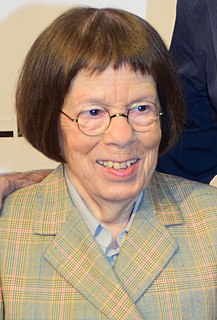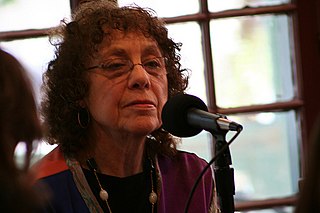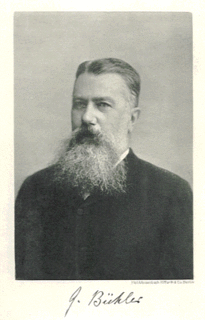A Quote by Anthony
My best experience as a writer was working with Michael Ondaatje. He let me dismantle his novel, reimagine it, and still had dinner with me and gave me good notes. But the best thing about writing has been the writer's life, the sense of being expressed, the ownership of the day, the entirely specious sense of freedom we have, however slave we are to some boss or other. I wouldn't trade it for any other life.
Related Quotes
The best piece of advice I ever received about being a writer came from my brother Lee. I was just starting out and he told me that if I wanted to have a long career, I had to be versatile, that I shouldn't just think of myself in one way, because there would come a time when maybe that one thing wasn't working out for me - and I'd still want to earn a living as a writer.
Don't be afraid to fail. I fail every day. I failed thousands of times writing The Book Thief, and that book now means everything to me. I had many doubts and fears about that book, but some of what I feel are the best ideas in it came to me when I was working away for apparently no result.
Failure has been my best friend as a writer. It tests you, to see if you have what it takes to see it through.
The flimsy little protestations that mark the front gate of every novel, the solemn statements that any resemblance to real persons living or dead is entirely coincidental, are fraudulent every time. A writer has no other material to make his people from than the people of his experience ... The only thing the writer can do is to recombine parts, suppress some characterisitics and emphasize others, put two or three people into one fictional character, and pray the real-life prototypes won't sue.
A serious life, by definition, is a life one reflects on, a life one tries to make sense of and bear witness to. Truth in a memoir is achieved not through a recital of actual events; it is achieved when the reader comes to believe that the writer is working hard to engage with the experience at hand. What happened to the writer is not what matters; what matters is the large sense that the writer is able to make of what happened.
I was a very determined kid. I couldn't imagine any other life for myself. This happens to kids who are different in any way. How am I going to make a life? Who am I going to be when I grow up? Will there be a place for me in the world? Acting gave me a sense of purpose, but it also gave me a sense that I would survive, that I would find my place.
There is something really horrific for any human being who feels he is being consumed by other people. I'm talking about a writer's critics, who don't address what you've written, but want to probe into your existence and magnify the trivia of your life without any sense of humor, without any sense of context.
I saved letters from my boss. There are things in there that are directly transcribed. I was so glad I did that. Sometimes when I was writing the book I wondered if some little writer hobbit part of my brain was back there puppeteering that action. But it really never, on any conscious level, occurred to me that I would write about it. I will say, I thought probably some day there would be an ancillary character in some novel - not in the one I was currently writing - that would be a dominatrix or something.
I've always been surprised when a straight guy likes me. It's just been like my whole life has been kinda like that. I definitely felt like when I started writing music, it wasn't writing for a gay audience at all. I was just writing for me. But what I say whenever I get this question is my best friends have always been gay, I've always been, as a person, just accepted by the gay community, and celebrated and had the best nights of my life at gay clubs. Always had a fashion sense usually with drag and I don't know. That's just kind of my people. That's just kind of where I fit in.
The process of writing can be a powerful tool for self-discovery. Writing demands self-knowledge; it forces the writer to become a student of human nature, to pay attention to his experience, to understand the nature of experience itself. By delving into raw experience and distilling it into a work of art, the writer is engaging in the heart and soul of philosophy - making sense out of life.




































